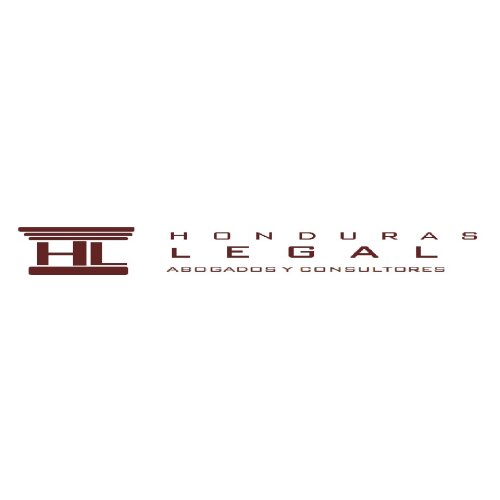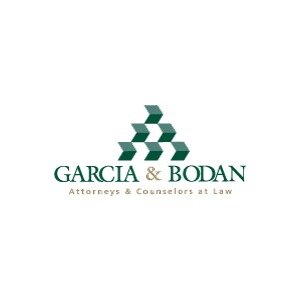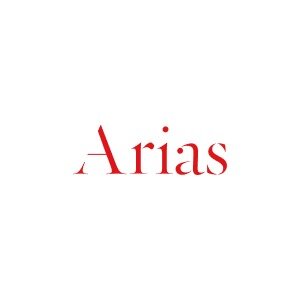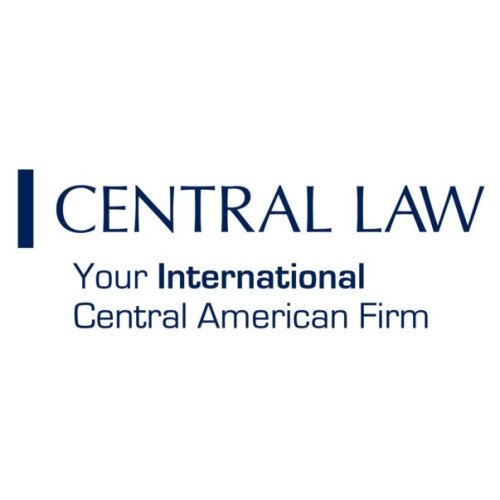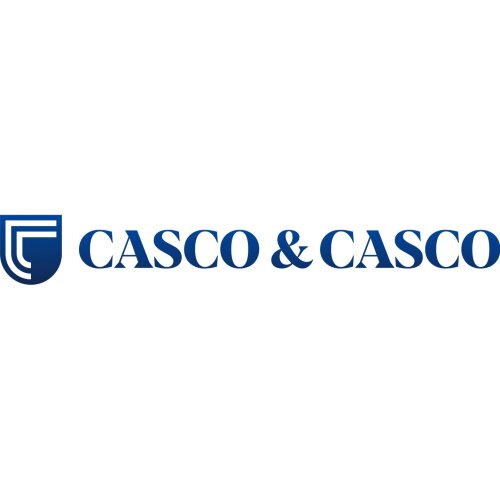Best Art & Cultural Property Law Lawyers in Honduras
Share your needs with us, get contacted by law firms.
Free. Takes 2 min.
Or refine your search by selecting a city:
List of the best lawyers in Honduras
About Art & Cultural Property Law in Honduras
Art & Cultural Property Law in Honduras involves the regulation and protection of cultural artifacts, artworks, and antiquities that are significant to the country's heritage. Honduras has a rich historical and cultural tapestry, which is safeguarded under national and international laws to prevent unauthorized trade, theft, and damage. The legal framework aims to ensure that cultural properties are preserved for future generations and also addresses the ownership issues concerning indigenous artifacts and artwork.
Why You May Need a Lawyer
There are several situations where you might need legal assistance. If you're an artist looking to protect your work from infringement, a lawyer can help you understand intellectual property rights and copyright laws. Similarly, if you own or trade in artifacts, navigating the legal complexities to ensure compliance with national and international legislation is crucial. Moreover, given the implications of illegal artifact trafficking, a lawyer can provide assistance if you face allegations or wish to report such activities.
Local Laws Overview
Honduras has specific laws under the Special Law for the Protection of Cultural Heritage that governs the protection and control of cultural property. These laws categorize cultural artifacts and define the legal framework for their protection, use, and trade. National bodies are empowered to oversee the transfer, export, and excavation activities involving cultural properties. Honduras is also a signatory to the UNESCO Convention aimed at preventing the illicit trade of cultural property, adding an extra layer of legal sophistication to its national policies.
Frequently Asked Questions
What qualifies as cultural property under Honduran law?
Cultural property includes artifacts, artworks, and antiquities that hold historical, archaeological, artistic, or scientific value and represent the cultural heritage of Honduras.
What are the penalties for illegal trafficking of cultural property?
The penalties vary, ranging from fines and the seizure of the property to imprisonment, depending on the severity of the offense.
Can artifacts be exported outside of Honduras?
Generally, the export of cultural artifacts is heavily restricted and requires specific permits from relevant governmental authorities.
How can I ensure the legality of purchasing an artifact?
It is critical to verify the provenance of the item, ensure it is not listed as stolen, and obtain a certificate of authenticity from a reputable source.
What rights do artists have under Honduran law?
Artists have rights to protect their work from unauthorized reproduction, distribution, performance, or display, under Honduran copyright laws.
Who oversees cultural property laws in Honduras?
The Honduran Institute of Anthropology and History is primarily responsible for overseeing and enforcing cultural property laws.
How is an artifact's cultural significance determined?
The significance is determined based on assessments by experts in fields like archaeology and anthropology, following guidelines from the Honduran Institute of Anthropology and History.
What are my obligations if I discover an unknown artifact on my property?
You must report the discovery to the relevant authorities promptly to ensure the protection and conservation of the artifact.
Are there specific laws protecting indigenous art?
Yes, there are specific provisions aimed at the protection of indigenous cultural expressions and artifacts to prevent misappropriation.
Can cultural property law disputes be settled out of court?
Yes, many disputes can be settled through negotiation or mediation, but it is advised to have legal counsel during such proceedings.
Additional Resources
To delve deeper into this area of law, consider consulting the Honduran Institute of Anthropology and History, or the Ministry of Culture, which provides guidelines and publications. The UNESCO website also offers a wealth of information on international standards related to cultural property.
Next Steps
If you require legal assistance, it is advisable to consult with a lawyer specializing in Art & Cultural Property Law. You can start by seeking referrals from the Honduran Bar Association or searching for law firms with reputable experience in this field. Preparing a clear outline of your legal needs and gathering pertinent documents will facilitate a productive consultation with your legal advisor.
Lawzana helps you find the best lawyers and law firms in Honduras through a curated and pre-screened list of qualified legal professionals. Our platform offers rankings and detailed profiles of attorneys and law firms, allowing you to compare based on practice areas, including Art & Cultural Property Law, experience, and client feedback.
Each profile includes a description of the firm's areas of practice, client reviews, team members and partners, year of establishment, spoken languages, office locations, contact information, social media presence, and any published articles or resources. Most firms on our platform speak English and are experienced in both local and international legal matters.
Get a quote from top-rated law firms in Honduras — quickly, securely, and without unnecessary hassle.
Disclaimer:
The information provided on this page is for general informational purposes only and does not constitute legal advice. While we strive to ensure the accuracy and relevance of the content, legal information may change over time, and interpretations of the law can vary. You should always consult with a qualified legal professional for advice specific to your situation.
We disclaim all liability for actions taken or not taken based on the content of this page. If you believe any information is incorrect or outdated, please contact us, and we will review and update it where appropriate.
Browse art & cultural property law law firms by city in Honduras
Refine your search by selecting a city.




